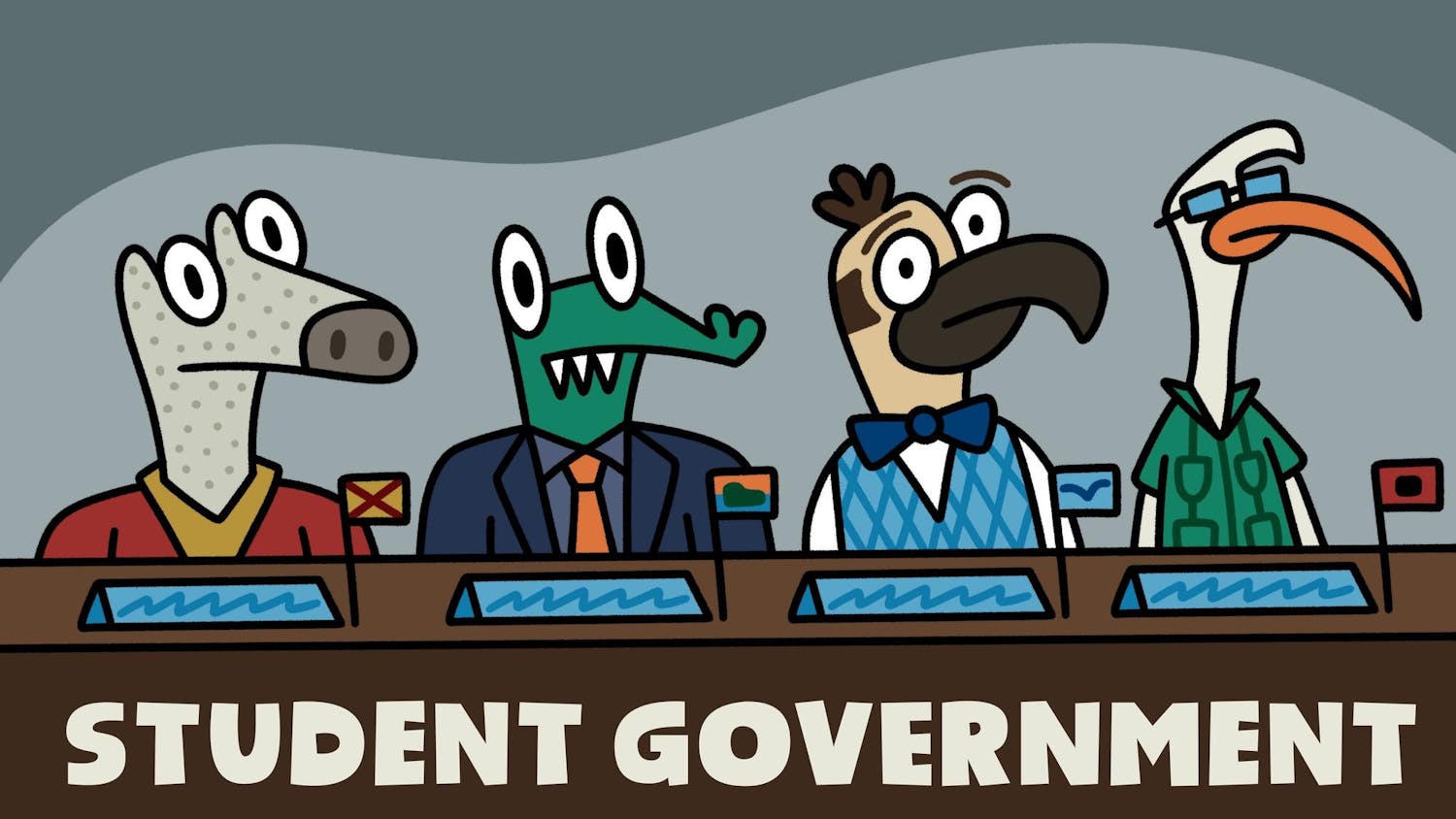Oh, ratemyprofessors.com, my darling, my muse. How I long for your infinite wisdom during add/drop week. You show me the level of effort I will have to put into each of my courses before I even enroll. You save me money on textbooks by assuring me that my Western Civilization professor won’t use it.
You tell me how many pages that postcolonial theory final research paper has to be months before it’s been assigned. You are loaded with innumerable extra features like Facebook sharing capabilities, little rectangular head shots and witty tag lines like “Skip class? You won’t pass.” But perhaps the most useful feature on this very accommodating website is the “hotness” meter.
Unfamiliar with the Rate My Professors hotness meter? The hotness meter appears as a small animated chili pepper directly below the “level of difficulty” rating. To my understanding, this meter is meant to gauge if your professor is hot in a level-of-attractiveness way. It’s simple enough: If your professor is “hot,” the chili pepper will appear vibrant and red, but if your professor didn’t quite cut it, that chili pepper is left gray.
This hotness meter raises a big question: What is hot? I’m sure plenty of Americans agree on what “hotness” is in Western media and culture. According to mainstream pornography and action movies, “hot” for women means big tits, petite bodies, lack of body hair and soft eyes. For men, it is a body type leaning toward muscular, “just enough” body hair and a full, luscious head of hair. But why is that what is considered “hot” by the average American, and what about people who have different standards of attraction?
This leads me to an observation I made last semester while doing my Rate My Professors rounds during add/drop week. I was interested in taking an anthropology course, and after I spent hours on my computer configuring and reconfiguring my schedule, I enrolled in a section with a professor who had a 4.8 overall quality level, a 1.8 level of difficulty, no textbook requirement and a red “hotness” meter.
I was confused when I walked in on the first day of class to see a portly, bald man sitting behind the professor’s desk. Was I in the wrong room? Did I get my times mixed up? I checked my schedule again. I was in the right place.
When the short man addressed the class, he gave the name of the man whose profile I saw on Rate My Professors, who was considered “hot” by this sacred learning tool. He was a great professor: really friendly, energetic and understanding. But I spent much of the semester racking my brains to figure out what made this aging professor “hot.”
I would often see a handful of girls talking to him before and after our class periods. They twirled their hair and batted their eyelashes as he gripped his “#1 Professor” coffee mug and spoke about something like the mating rituals of an indigenous tribe in Australia. Was it his intelligence that they found attractive? His experience in the field? What were they seeing that I couldn’t see?
Beyond all of this, I have to wonder why exactly there is a hotness meter in the first place. I think about it every semester.
Time and again I have found that my sexual attraction to a professor does nothing to help or hurt my experience in a class. So what’s the point? We all have a different definition of “hotness” anyway.
A student’s attraction to a professor should have nothing to do with how effective a professor they are. It’s a useless feature that diminishes the credibility of the great tool that is Rate My Professors.
Jeremy Haas is a UF English junior. His column appears on Wednesdays.





